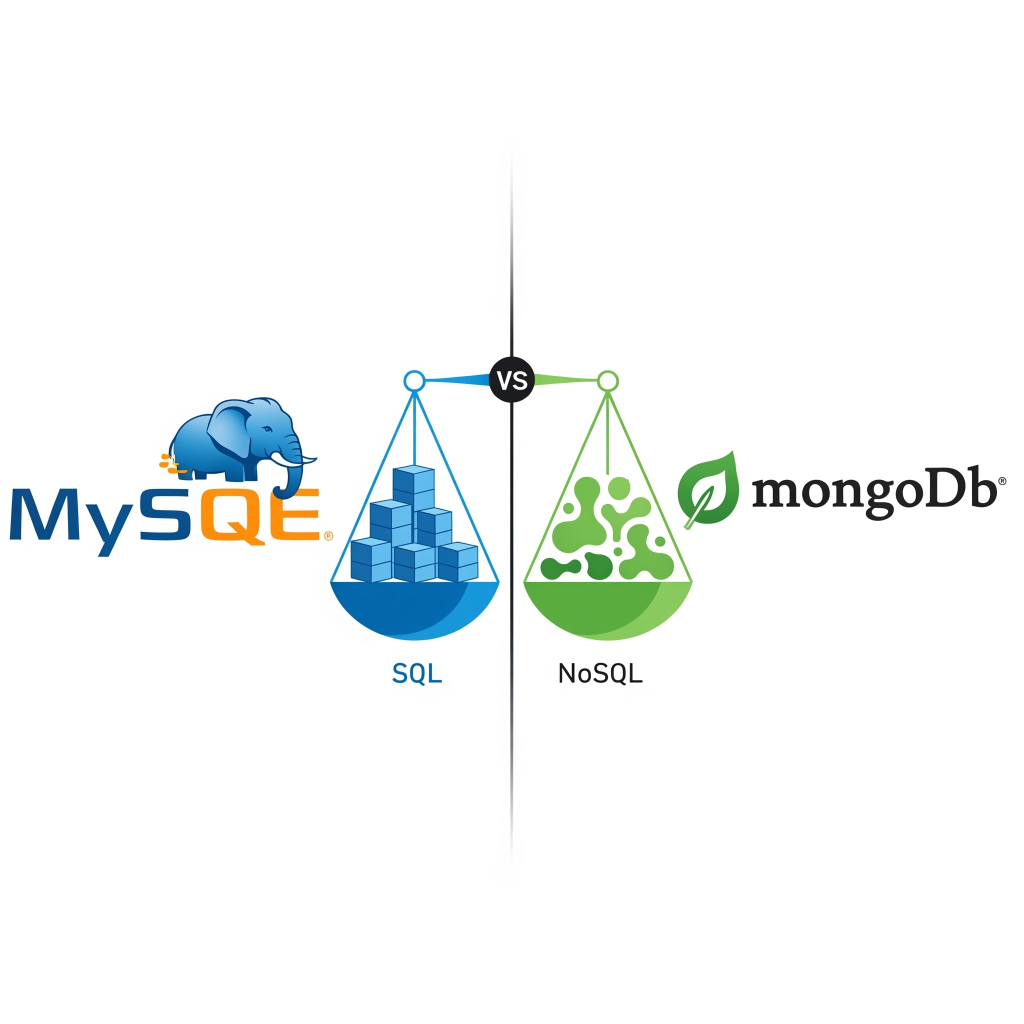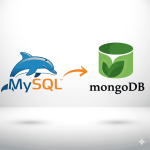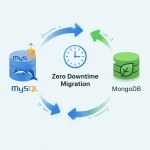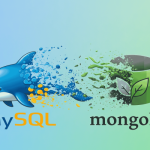Introduction
When building modern applications, choosing the right database is one of the most critical decisions. For decades, MySQL has been the go-to relational database, while MongoDB has emerged as a popular NoSQL alternative.
Both have unique strengths—but which one is right for your project in 2025? In this article, we’ll break down MySQL vs MongoDB, covering performance, scalability, flexibility, and use cases to help you decide.
1. Understanding MySQL (Relational Database)
MySQL is a relational database management system (RDBMS) that stores data in structured tables with predefined schemas.
- ✅ Best for structured data
- ✅ Supports complex queries with SQL
- ✅ Widely supported and mature
Example Use Cases: E-commerce platforms, banking systems, CRM solutions.
2. Understanding MongoDB (NoSQL Database)
MongoDB is a NoSQL, document-oriented database where data is stored in flexible JSON-like documents.
- ✅ Schema-less (can handle dynamic data)
- ✅ Scales horizontally with ease
- ✅ Works great with modern apps using JavaScript/Node.js
Example Use Cases: Real-time analytics, IoT platforms, social media apps, content management systems.
3. Performance Comparison
- MySQL: Strong for complex transactions (e.g., banking).
- MongoDB: Faster for read/write operations in large-scale, unstructured datasets.
👉 If your app needs transaction-heavy operations, MySQL may be better. If you need scalable, high-performance handling of dynamic data, MongoDB wins.
4. Scalability
- MySQL: Vertical scaling (adding more CPU/RAM).
- MongoDB: Horizontal scaling (adding more servers), which is ideal for cloud-native apps.
5. Flexibility & Schema Design
- MySQL: Requires strict schema definitions—great for consistency.
- MongoDB: Schema-less, making it easier to evolve with changing project requirements.
6. Security
Both MySQL and MongoDB support:
- Authentication
- Encryption
- Role-based access
However, MySQL is more mature in financial/transaction-heavy compliance environments.
7. Cost & Ecosystem
- Both are open-source with paid enterprise support.
- MongoDB Atlas (cloud service) simplifies management and scaling.
- MySQL has mature hosting and community support at lower cost.
When to Choose MySQL
- Transaction-heavy apps (banking, ERP, accounting).
- Applications needing strong ACID compliance.
- Businesses with structured, predictable data.
When to Choose MongoDB
- Real-time apps (chat, IoT, analytics).
- Startups needing fast prototyping & flexibility.
- Applications handling large, dynamic datasets.
Conclusion
There’s no one-size-fits-all answer in the MySQL vs MongoDB debate. Your choice depends on data type, scalability needs, and business goals.
👉 At Redirect India, we help businesses migrate databases—whether moving from MySQL to MongoDB or optimizing existing setups. Contact us today to find the best solution for your application.



